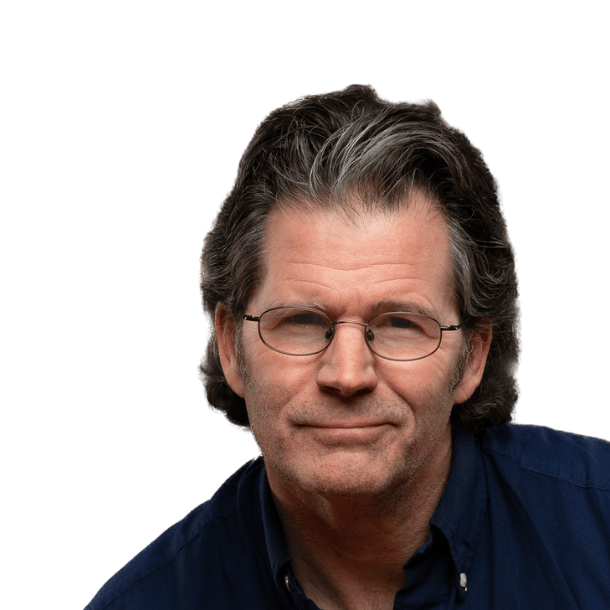View the archive of my two-hour class and discover the Five Things I’ve Learned about the fluid, subjective nature of memory – and about the ways writers can genuinely share and illuminate themselves in their writing.
Dear Fellow Writers,
My name is Andre Dubus 3, and I hope you will join me for my upcoming two-hour class, Five Things I’ve Learned about the Nature of Memory and Memoir.
All my adult life I’ve written both creative non-fiction and fiction. As the author of a memoir and five novels, two short story collections, and a collection of personal essays, if I’ve learned anything over the course of my writing life, I’ve learned this: the writing is larger than the writer, and my time at the desk tends to go far better not when I set out to say something, but when I set out to discover what needs to be said, dramatized, and illuminated.
In his long poem, “Tell Life”, the poet Fady Joudah writes: “Memory shrinks…without forgetting.” This has certainly been my own experience with the highly fluid and subjective nature of human memory; no matter our respective ages, we seem to be made of our earlier selves the way an onion is a sphere of tightly adhered layers. The sixty-four year old me is writing you this while his forty year old self and his thirteen year old self and his twenty-six year old self also look on.
The task of the memoirist then, it seems to me, is to uncover these layers one honestly and evocatively chosen word at a time. William Faulkner was asked late in his life what the young writer most needed in order to make art with words as he had done. He answered that it was not talent, as he once thought, but curiosity. “Insight, to wonder, to mull and to muse why man does what he does, and if you have that then talent makes no difference, whether you’ve got it or not.” He was referring to the writing of fiction, of course. But the same holds true for the writing of memoir; if you are not authentically curious about that younger you calling you to uncover all the layers of lived life to get to her, then you will not be writing as deeply and truly and as well about your own past as you can.
Come to this workshop, and I’ll do my best to help you do just that.
We’ll talk about some excellent memoirs, do a creative writing exercise or two, and have a closing conversation where all questions and comments and the expression of lingering doubts are encouraged and welcome.
Thank you. I look forward to working with you.
– Andre

